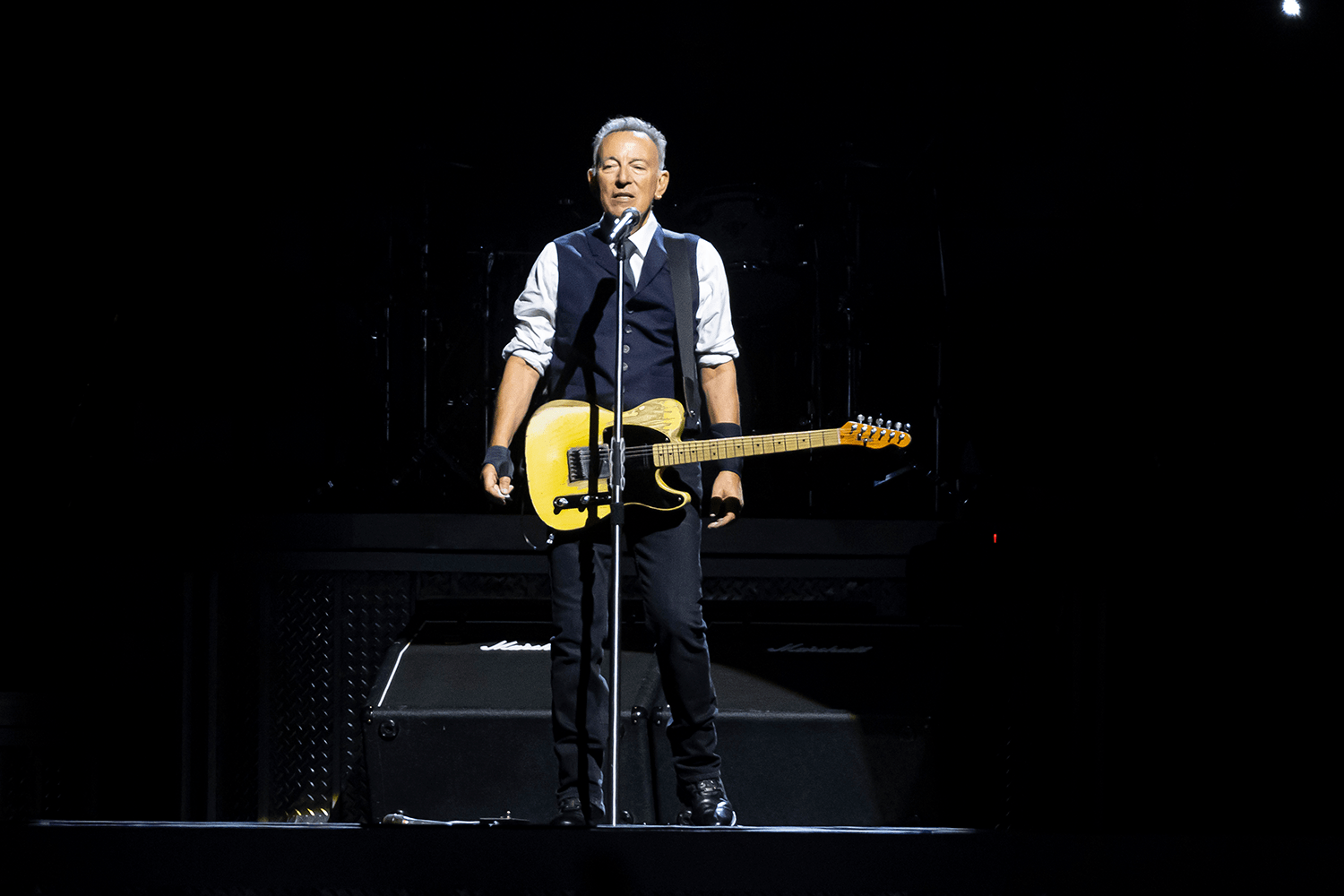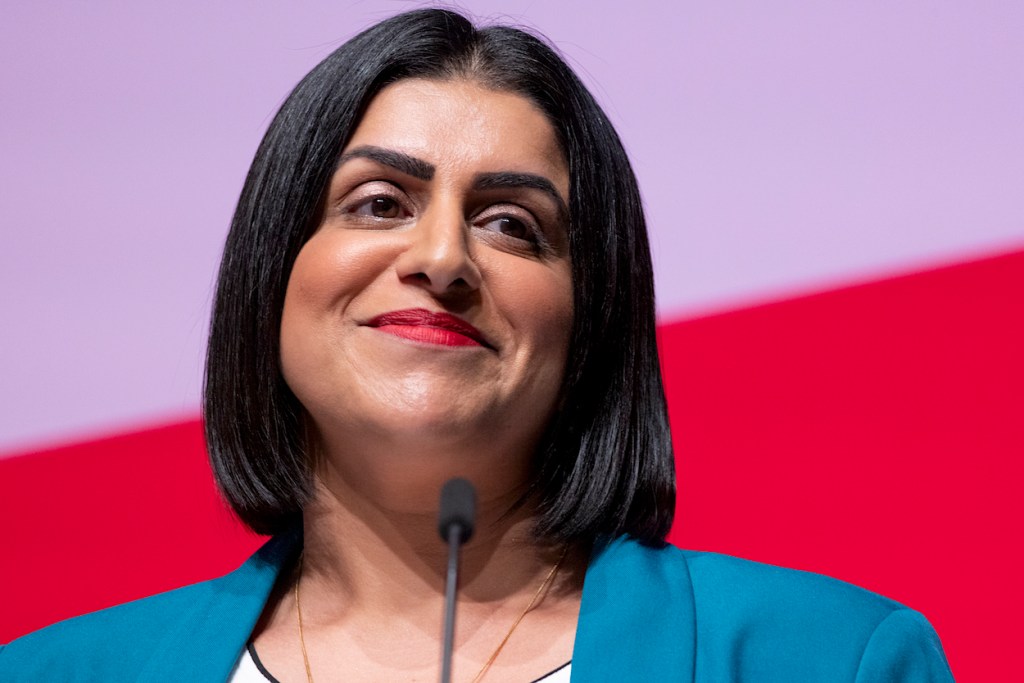
No one who went to see Bruce Springsteen’s Broadway residency a few years back came away disappointed because they knew what they were getting: a tightly scripted show, in which there was more speech than music. The country star Eric Church – who made his name with a single called ‘Springsteen’ – appeared to have been taking notes, for that was the model for his ‘residency’ at the Albert Hall. All that he lacked was the tight script – and Springsteen’s charm and charisma.
It was, the MC told us, Church’s first time in the UK in eight years, but the place was horribly undersold, the top tier almost empty and spaces all around the stalls. That didn’t help matters, because this was no rambunctious full-band country show of the kind that has become big business recently. Instead it was just Church and a selection of acoustic guitars, and stories that went on and on, and nowhere in particular, like the musical equivalent of the golfer at the bar talking you through his back nine, stroke by laborious stroke.
He’s been doing this show in his bar in Nashville for a while. He calls it ‘To Beat the Devil’. It’s presented as his life story told through songs. But in this telling, Church’s life appears to have consisted solely of him believing he was brilliant, being told he wasn’t, then finally becoming brilliant anyway. If you were interested in the inner workings of the Nashville music industry, this was very much the show for you. If you were interested in hearing Church’s best songs, it was not: he threw away four of his finest – ‘How ‘Bout You’, ‘Two Pink Lines’, ‘Pledge Allegiance to the Hag’ and ‘Sinners Like Me’ – in snippets early on to illustrate the stupidity of the executives who turned them down.
During one story – which lasted 17 minutes, I timed it – the visits to the bar and toilet turned into a procession, and one man shouted: ‘Just play some songs!’ I suspect that in Nashville, with an audience composed of the devoted, it would have been fantastic. In a sparsely populated Albert Hall, where many were merely curious, it was a bit of a nightmare.
Which brings us back to Bruce. I hadn’t intended to write about this tour, but then he started speechifying about Donald Trump and became news again. The speechifying is not an addendum to the show: it’s the whole point of it. There are several spread throughout the set, and in Lille they were subtitled on the big screens for the benefit of non-Anglophones, as were several songs with particularly pointed lyrics.
Springsteen, of course, has long spoken out about politics and causes. And he’s long given extended monologues from the stage – his storytelling was one of the things that made him famous. He has every right to say whatever he wishes, and anyone who was irritated at either the existence or the content of the speeches hasn’t been paying attention. On one point, though, I agree with his critics: it’s one thing to say this stuff to a European crowd, where almost everyone agrees. It will be interesting to see if he says it at home and how that audience reacts.
During one story – which lasted 17 minutes – a man shouted: ‘Just play some songs!’
The show itself, sadly, was perhaps my least favourite Springsteen show. That still makes it better than almost anyone else, for he and the E Street Band remain a mighty and formidable presence. But the first half was a dour thing, with two sets of five very downbeat songs bewailing the state of the world.
Springsteen is showing his age now. His voice was thick, he sometimes struggled with pitch, and this was the most static I have ever seen him. That he still has superhuman powers is undisputed: this time last year, on a biblically stormy night in Sunderland, I saw him perform through illness for three hours, like a cricket captain carrying his bat for a century on an unplayable wicket. It was an extraordinary feat of unceasing effort, but probably not one he can achieve every night. In Lille, it felt as though he were playing within himself, saving himself for stadium shows yet to come. But it’s all relative: this was still a 160-minute show by a man of 75.
And finally, a shout-out for a wonderful American singer called Tyler Ballgame, who made his London debut backed by a crack five-piece band playing a funky, soulful Americana that allowed his extraordinary voice to shine. It’s music that could have been made at any time in the last 50 years, and I loved it. Don’t miss him when he returns in September.








Comments